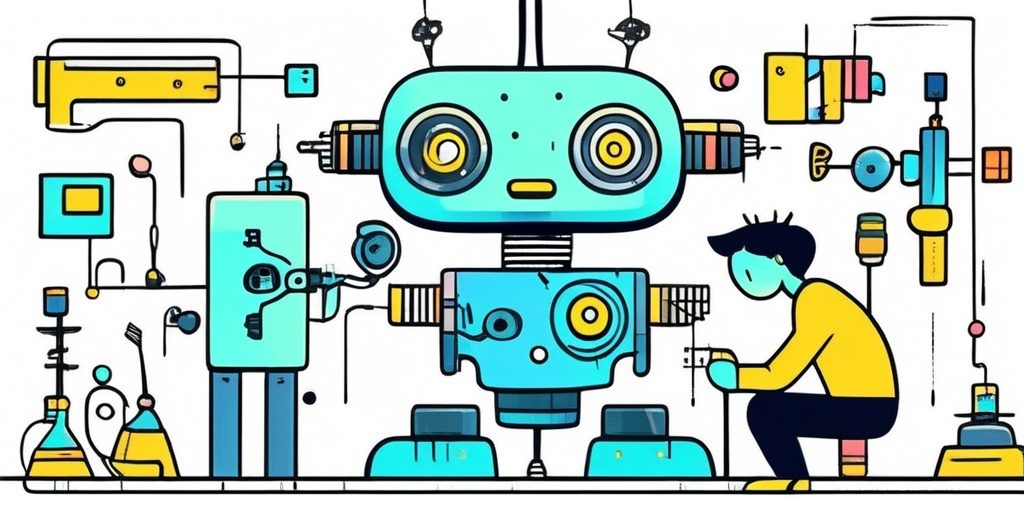Welcome to the Agentic Economy
How Are AI Agents Becoming Critical Business Partners?

The evolution of AI agents began in the 1950s, when scientists like John McCarthy and Marvin Minsky imagined AI as machines that could think, reason and make decisions with true understanding.
While today’s AI agents are still a far cry from that vision, they have come astonishingly close to passing the Turing test. Thanks to advances in cloud computing, big data, semiconductor, and neural networks, modern AI agents are equipped with context awareness and the ability to react to real-time shifts in data and workflows.
The outcome? Digital minds that are not just automating processes but reshaping how work gets done across a diverse range of industries.
Why the hype around it?
AI agents take traditional chatbots to the next level. Unlike chatbots, which requires continuous user input, AI agents can autonomously handle multi-step tasks. After receiving an initial set of instructions, they need little to no further input to see a task through from start to finish.
Here is an example of how AI agents can help retrieve specific information online with just a single prompt. You may also check out the demo of Operator, OpenAI’s agentic tool released in January.
AI agents can be thought of as delivering more on AI’s promise as reliable digital assistants. Functioning as an extension of the user, they could handle work like a second pair of hands or even tackle tasks that are beyond the user’s skill set or availability.
The anatomy of an AI agent

Why multi-agent systems (MAS) could be game-changing?
The concept is akin to “divide and conquer” or “many hands make light work.” The reality of where AI agents are headed is that they won’t be universal problem-solvers excelling at every possible task, as a Bloomberg columnist suggests. More likely than not, each agent will be designed to be highly specialized at specific processes.
MASs could be a solution to the above problem. Comprising different agents specialized for different tasks, MASs enable collaborative intelligence, similar to how human teams operate.
A MAS for software development, for instance, could feature a “commander” that takes human instructions, a “writer” that generates code, and a “safeguard” that scans for security flaws before shipping the output for final approval.
Under a sophisticated MAS, agents should be able to communicate with one another, exchange insights, refine strategies, and adjust their actions based on feedback. Their ability to coordinate creates an adaptive and intelligent instrument that greatly enhances productivity.
Which domain is most ready for AI agents’ disruption?
We believe AI agents have the potential to revolutionize the wealth management sector and significantly streamline the work of a wealth manager. This is one reason why we are backing YourStake, which has developed a range of AI tools to help registered investment advisors attract and retain clients.
From the initial stages of onboarding, where multi-step know-your-clients processes are essential, to analyzing portfolios, building predictive models of performance, and proposing investment ideas based on a client’s risk profile, AI agents can take charge and potentially achieve better outcomes.
They can also handle tasks such as executing trades, rebalancing portfolios, managing corporate actions, settling accounts, and even introducing new products or supporting other marketing initiatives.
Can a wealth management firm be run by a single person in the future? Possibly. What is certain is that the agentic economy is on an unstoppable path.


